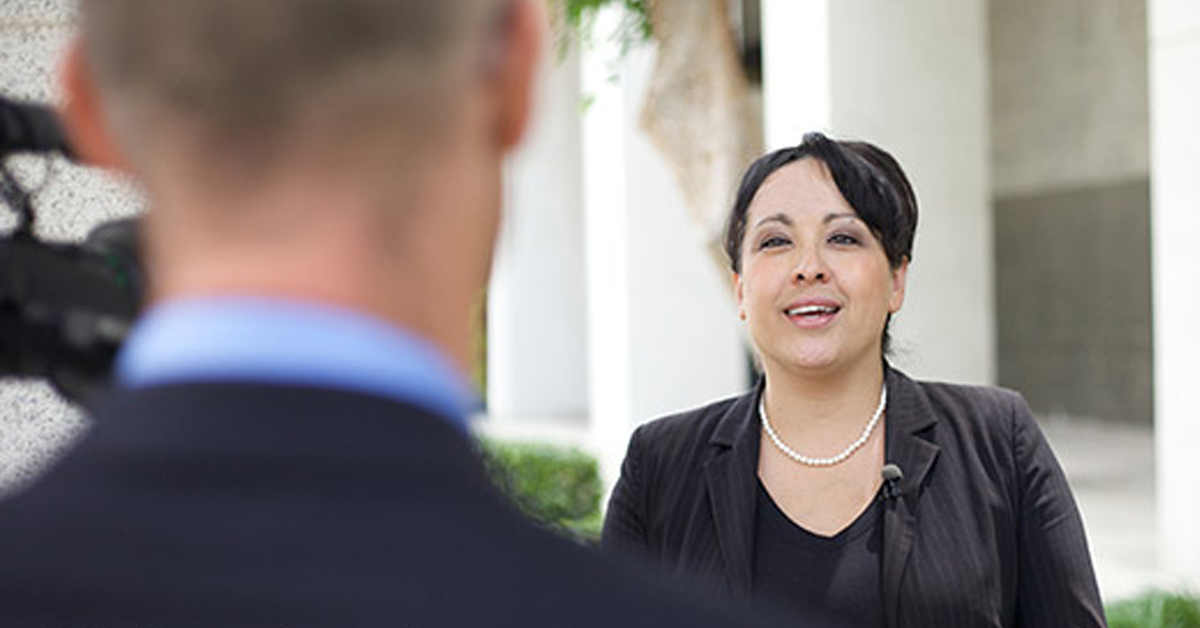An applicant for one of Fresno’s social equity cannabis licences claims the city picked favorites and was subject to corrupt dealings, in stark contrast to the fair and equitable process that was promised for those impacted by the War on Drugs.
Last week, the city awarded three preliminary social equity licenses to the top three ranked candidates: Fresno Canna Co. Dispensary, Viola Fresno and Traditional.
Mark Mabutas, a disabled veteran, ranked fifth on the city’s final list of 17 social equity candidates for retail cannabis dispensaries. His partner was incarcerated for six years in a federal prison due to his involvement with a licensed dispensary in Sacramento, Mabutas said.
“These social equity programs are meant to help those who have incarcerations, who have been impacted, but we’re seeing a lot of city councils or a lot of people rigging the process to give it out to individuals that they have connections with,” Mabutas said.
Mabutas claims that the three social equity dispensaries that were awarded preliminary licenses are involved in corruption at Fresno City Hall.
A lawsuit against the city might be forthcoming, Mabutas said, once he and his partners can gather enough evidence.
“For us, we’d like the process to be frozen and thrown out because from the very beginning it wasn’t fair and equitable,” Mabutas said.
He specifically took issue with how the city’s ranking system for social equity candidates differed from the score system in place for standard retail applicants.
As part of the application process, the city awarded a score percentage out of 1,600 overall points to each standard applicant. The scores have been made public.
On the other hand, the city simply ranked each social equity applicant without any additional details.
“Fresno specifically chose this program so that they can hand-select the winners using an interview process,” Mabutas said. “They can say, ‘We gave a fair interview to all 20 people, but we’re going to hand-select these three people just because we like them better.’ There was no grading criteria to pick these winners.”
After the standard applicants submitted their locations to the city, social equity applicants had one month to find real estate for their proposed dispensaries.
“What we found was everything was basically grabbed by most of the standard applicants,” Mabutas said. “They basically left the scraps available. That was so that they could ensure that the social equity pool was very low.”
Once all documentation was submitted to the city, social equity candidates were interviewed by a three-person panel where they had an opportunity to present their case.
Mabutas said the panel asked some questions following the presentation, but there was nothing in the interview regarding the ranking process or grading system.
“There was nothing where they were asking what your impact was or anything like that, so it was kind of weird when we went through the process,” Mabutas said. “We kind of figured out during that process that, ‘You know what? I think we’re not going to get it’ – just because the way it was starting to look.”










